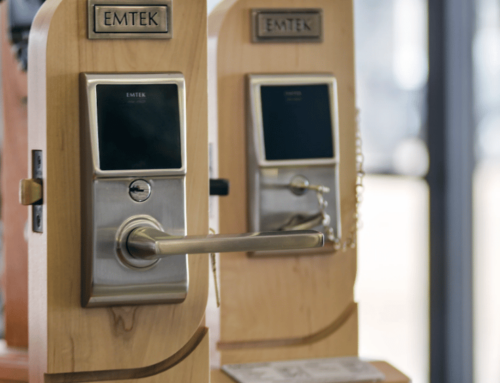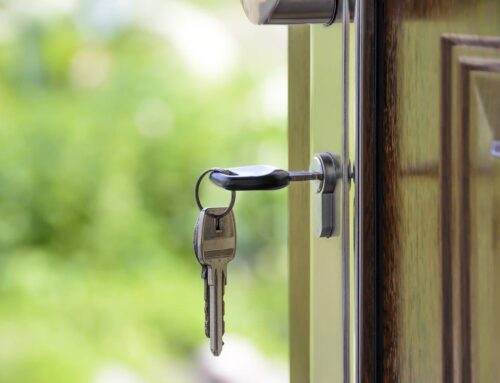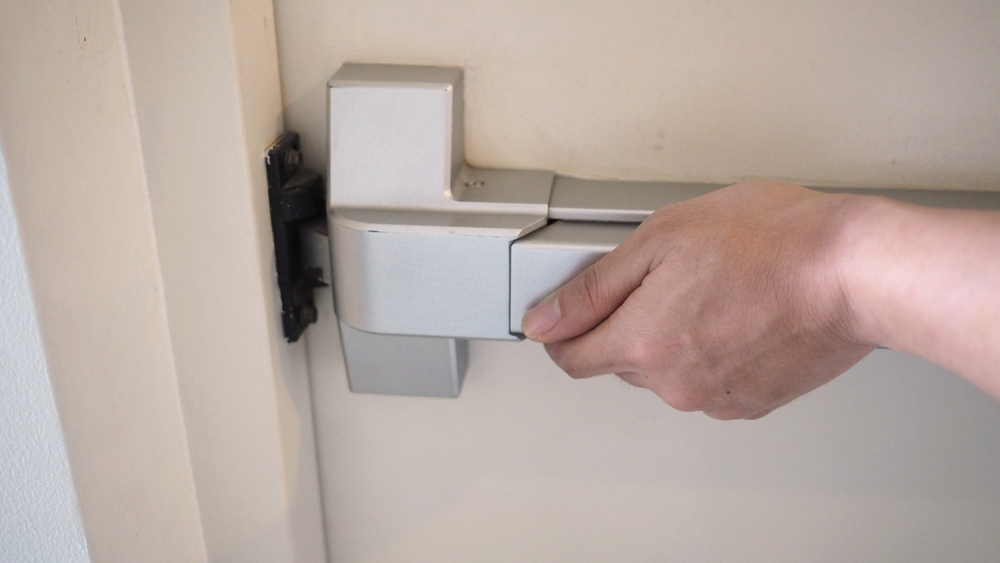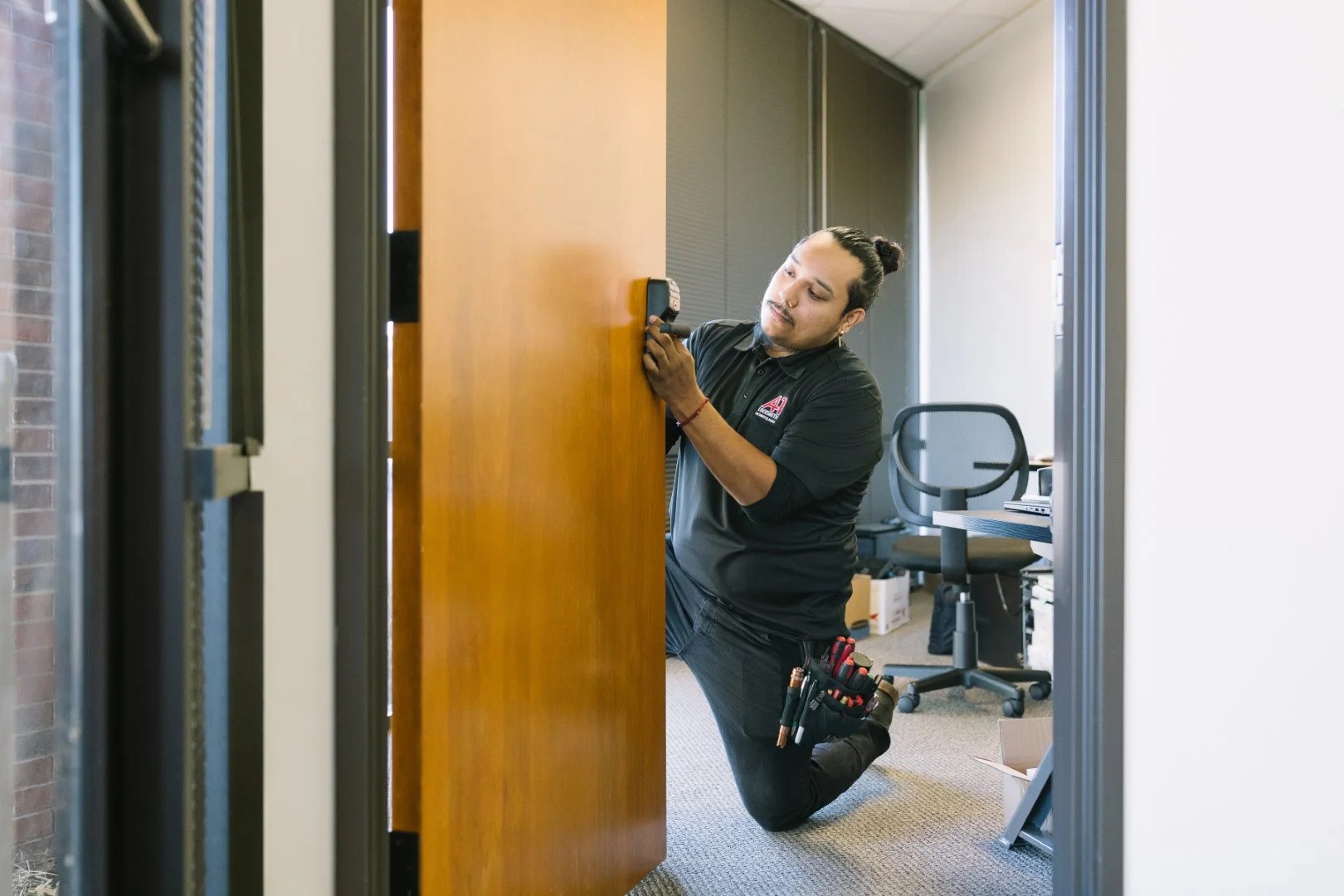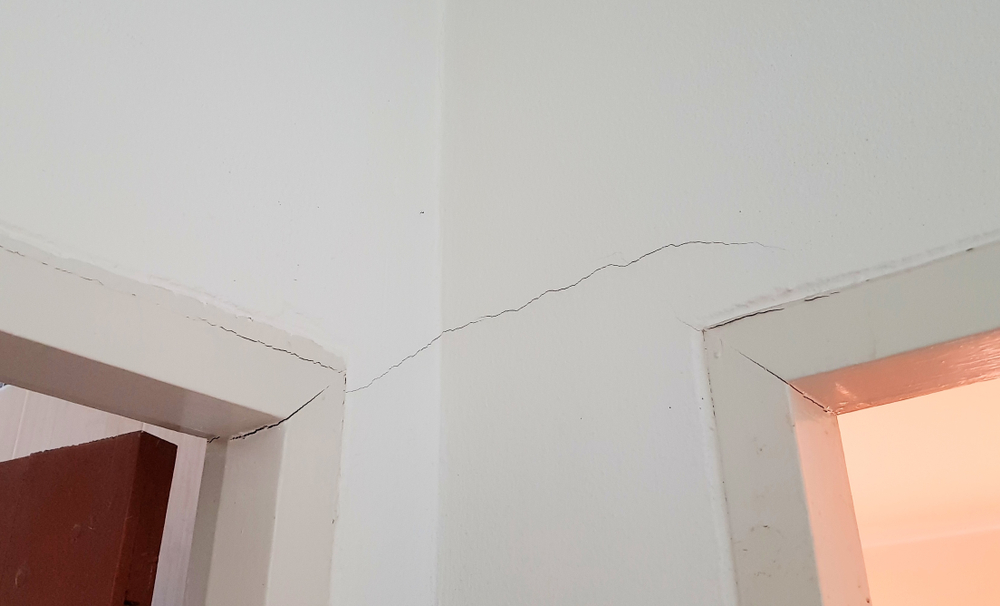Moving into a new home is almost always an exciting experience. This is especially true if you’re the first person to ever live in that home, and that’s one of the biggest benefits of a newly constructed house. Everything from the paint to the flooring is untouched, fresh and ready for you and your family to enjoy.
One less-fun aspect to owning a home is addressing security concerns. It’s still crucial, however, and while changing locks is common practice when moving into a pre-existing home, it’s not as common when moving into a new-construction home. But should you change your locks if moving into a new-construction home?
Let’s discuss how the construction process impacts this precaution, why there are risks associated with new-construction locks and the benefits of changing your locks.
Understanding the Construction Process
First, it’s important to understand how the typical construction process impacts a home’s security. Building a home involves numerous subcontractors and workers, from framers and electricians to plumbers, painters and more. That’s a lot of people you don’t know. Throughout the construction process, these workers need access to the home and they are usually provided with a master key or a construction key system to do so.
This means multiple contractors access the home. While the main key is secure for the future homeowner, the systems contractors use may pose a security risk if not properly handled. Ideally, once construction is complete, the homeowner’s key will permanently lock out the construction key(s), preventing further access. But the system isn’t foolproof.
It’s always possible that the construction keys might not be fully deactivated, or the locks themselves may not have been properly rekeyed or reset. Additionally, contractors could always make copies of the key that are not accounted for. Considering all of these factors, it’s easy to see why relying solely on original locks might not be the best strategy for securing your new home.
Risks of New-Construction Locks
There are other risks when it comes to new homes and locks beyond the unknown number of people who may have had access to your property. While builders generally have protocols in place to ensure access is limited, there’s no guarantee that every key was returned or every lock was properly managed.
Even with the best intentions, human error can occur. A key could be lost, duplicated or even accidentally left in the hands of someone who no longer needs access. If any of these scenarios play out, it can compromise your home’s security (and the safety of your family) from day one.
Furthermore, some builders use low-quality locks as a cost-saving measure. These locks, while functional, may not be as durable or protective as you’d like. Upgrading to high-quality locks from the get-go can provide peace of mind that your home is as secure as possible. At the very least, consider consulting with a professional residential locksmith to get the opinion of a third party and whether you need to make any changes.
Benefits of Changing Your Locks
If you do decide to change the locks on your new-construction home, there are several advantages you’ll enjoy that enhance its security level, such as:
- Eliminated uncertainties: When you change your locks, you remove uncertainty about who might have access to your home. You gain confidence that you, and only you (and those you trust) have keys, reducing the risk of unauthorized entry.
- Upgraded security: Basic locks meet minimum standards, but don’t offer advanced security features. Choosing high-security locks with advanced features, however, provides additional protection and convenience.
- Improved access control: Changing locks lets you distribute keys as needed and have more control about who can access your home. This is especially important if you need to let family members, housekeepers or service providers regularly access your home.
- Better peace of mind: At the end of the day, moving into a new home is a significant life event and the last thing you want to worry about is security. By taking this fairly easy and proactive step, you can focus on settling into your new space without concerns about potential security vulnerabilities.
When to Change Your Locks
The only question is, when do you change locks on a new-construction home? The best time is before you move in, or immediately afterward. This ensures your home is secure from the moment you take possession. If possible, coordinate with a locksmith to have the locks changed on the day you receive keys from the builder. This way, you can be certain no one else has access to your home from the outset. If you want to take it even further, have a locksmith evaluate your property to ensure the quality of other existing or potential security features, like entry doors, deadbolts, smart locks, windows and/or security cameras.
Moving into a new-construction home is an exciting experience. To ensure yours stays that way and you preserve the happy memories associated with it, don’t overlook the security of your new home. Builder locks may seem sufficient, but changing them is a top priority. To get recommendations or browse our lock options, stop by an A-1 Locksmith location today.
